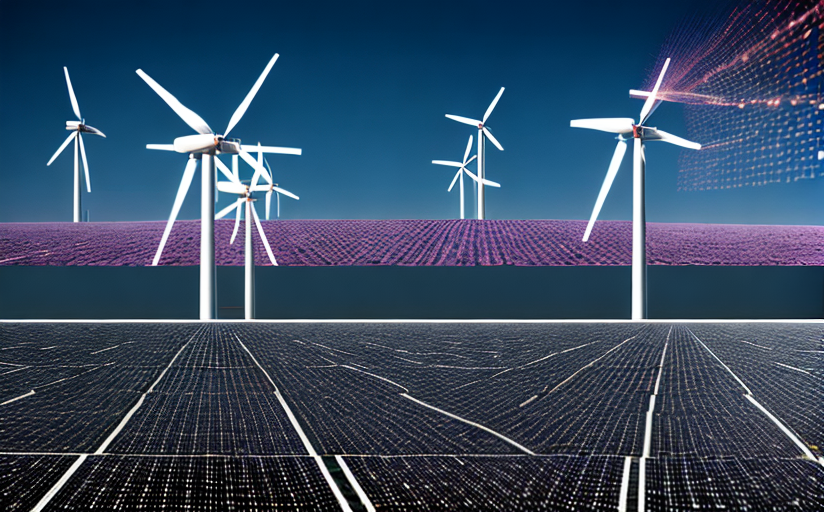The Impact of Artificial Intelligence on Sustainable Energy Solutions
In recent years, artificial intelligence (AI) has evolved from a futuristic concept to a game-changer in many fields, including the energy sector. Its increasingly significant role in dictating the course of sustainable energy solutions is pivotal and fascinating to explore.
Interaction of AI with Renewable Resources
Renewable resources such as wind, solar, and hydropower are key elements of sustainable energy solutions. And AI, with its ability to analyze vast amounts of data and make accurate predictions, is perfectly poised to optimize the use and management of these resources.
Solar Energy
Through predictive analysis and machine learning algorithms, AI can predict solar power production based on weather data. Such forecasting allows for better grid management and prevents the wastage of excess generated power.
Wind Energy
AI technologies enable wind farm operators to predict optimal wind turbine performance, thus maximizing energy output and reducing operational costs. As with solar energy, prediction leads to better power grid management.
Hydropower
AI's ability to predict rainfall patterns can be used to manage water levels in hydroelectric dams effectively. AI has the potential to completely change the present and future of hydropower production.
The Tools and Technologies Powered by AI in the Energy Sector
Various tools and technologies powered by AI are being employed in the energy sector today. They include machine learning algorithms for managing demand and supply, predictive maintenance tools to reduce downtime, and data analytics to transform grid management and boost productivity and efficiency.
Potential Positive Impacts and Complications
AI brings numerous positive impacts on sustainable energy solutions, such as improved efficiency and reliability, enhanced energy conservation, and reduced emissions. However, the integration of AI in the energy sector also carries potential complications. These may include high implementation costs, cybersecurity risks, ethical and privacy concerns, and the need for regulatory frameworks to manage the use of AI technologies.
Transformation Brought by AI in Energy Consumption Efficiency, Reliability, and Predictability
AI has substantially transformed energy consumption efficiency by facilitating real-time adjustments to energy supply and demand. Improved prediction of energy needs not only boosts efficiency but also enhances the reliability and predictability of renewable energy sources. Real-time energy consumption data processed by AI can help identify patterns and trends, thus optimizing usage and eliminating wastage.
Conclusion: The Future Implications and Application of AI in Sustainable Energy Solutions
The application of AI in sustainable energy solutions is still in the early stages, but its potential for transforming the sector is immense. As AI technologies evolve, they are expected to make renewable energy sources more efficient, manageable, and reliable. While challenges exist, they offer us the opportunity to innovate and shape a sustainable future powered by reliable, renewable energy sources.



















Comments
Leave a Comment